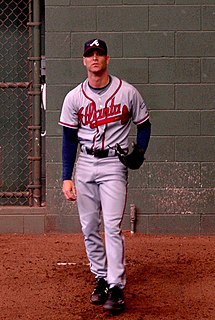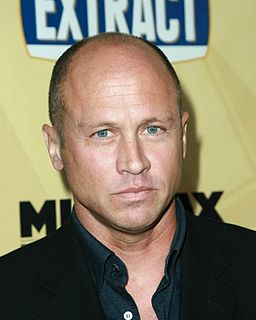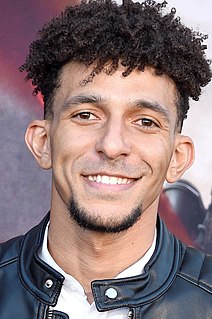A Quote by Daniel Kehlmann
Usually I work out the plot before I start. This time I thought: Writers always talk about not knowing where a book is going - -I want to experience that, too. What I found out is that it's very interesting, but it takes much longer because you have so many false starts. You take wrong turns and you have to go back and start the whole chapter, or the whole section, from scratch.
Related Quotes
There's that lovely thing for the first month or two of writing a new book: OK, I don't know what that character's going to do, but we'll find out later. After about three or four months you come to that bit where you've got to put some plot in before it's too late, and you have to go back and start inserting plot, and, ooh, I've left out the literature, OK, lets put some in.
The story of this man who had killed a messenger and hanged himself would make interesting reading. One could almost write a whole chapter on him. Perhaps not a whole chapter but a resonable paragraph, at any rate. There was so much else to include, and one must be firm in cutting out details. He had already chosen the title of the book, after much thought: `The Pacification of the Primitive Tribes of the Lower Niger.'
Take wrong turns. Talk to strangers. Open unmarked doors. And if you see a group of people in a field, go find out what they are doing. Do things without always knowing how they'll turn out. You're curious and smart and bored, and all you see is the choice between working hard and slacking off. There are so many adventures that you miss because you're waiting to think of a plan. To find them, look for tiny interesting choices. And remember that you are always making up the future as you go.
The plot is very important because writers have to play fair with their readers, but no one would care about the plot if the character work wasn't there. So, basically every book I work on starts with me thinking not just about the bad thing that's going to happen, but how that bad thing is going to ripple through the community, the family of the victim, and the lives of the investigators. I am keenly aware when I'm working that the crimes I am writing about have happened to real people. I take that very seriously.
Sometimes I go to a test screening and look at the audience in line, and I start to go, "Okay, I bet this is going to work, and this isn't going to work." It's weird, but just going and facing the music and putting it out before a crowd, even before it starts playing, that exercise of putting it up on a screen for people makes you realize things even before it starts rolling. It's really weird. I've heard other people say that, too.
What I do usually is read the book first, for pleasure, to see if my brain starts connecting with it, as a movie. And then, if I say yes, I read it again, only this time I take a pen and, inside the book, I say, "Okay, this is a scene. I don't need this. I'm going to try this. I'm not going to take this." And then, I use that book like a bible and each chapter heading, I write a menu of what's in that chapter, in case I ever need to reference it. And then, I start to outline and write it. I get in there and it starts to evolve, based on having re-read it again.
I see this with experienced writers, too: They worry so much about the plot that they lose sight of the characters. They lose sight of why they are telling the story. They don't let the characters actually speak. Characters will start to dictate the story in sometimes surprising, emotional, and funny ways. If the writers are not open to those surprises, they're going to strangle the life, spark, or spirit out of their work.
Before you go alter body, do some research and find out how many women have major life-threatening complications from nose jobs. Ask about how many nose jobs gone terribly wrong, and if you thought your face was wrong before, look what happens after. The more we start augmenting our bodies, the more and more we start to look alike, then nobody is special anymore.
My clients were always poor folks, working folks, people who were in trouble and couldn't afford to pay a whole lot. I found it very difficult to say no to somebody who needed help, so most of my work turned out to be pro bono. It didn't start out that way, but it turned out that way because I never got paid.
I'm a relatively disciplined writer who composes the whole book before beginning to execute and write it. Of course, you can't hold - you cannot imagine a whole novel before you write it; there are limits to human memory and imagination. Lots of things come to your mind as you write a book, but again, I make a plan, chapter, know the plot.
Learn a lot about the world and finish things, even if it is just a short story. Finish it before you start something else. Finish it before you start rewriting it. That's really important.
It's to find out if you're going to be a writer or not, because that's one of the most important lessons.
Most, maybe 90% of people, will start writing and never finish what they started. If you want to be a writer that's the hardest and most important lesson: Finish it. Then go back to fix it.






































